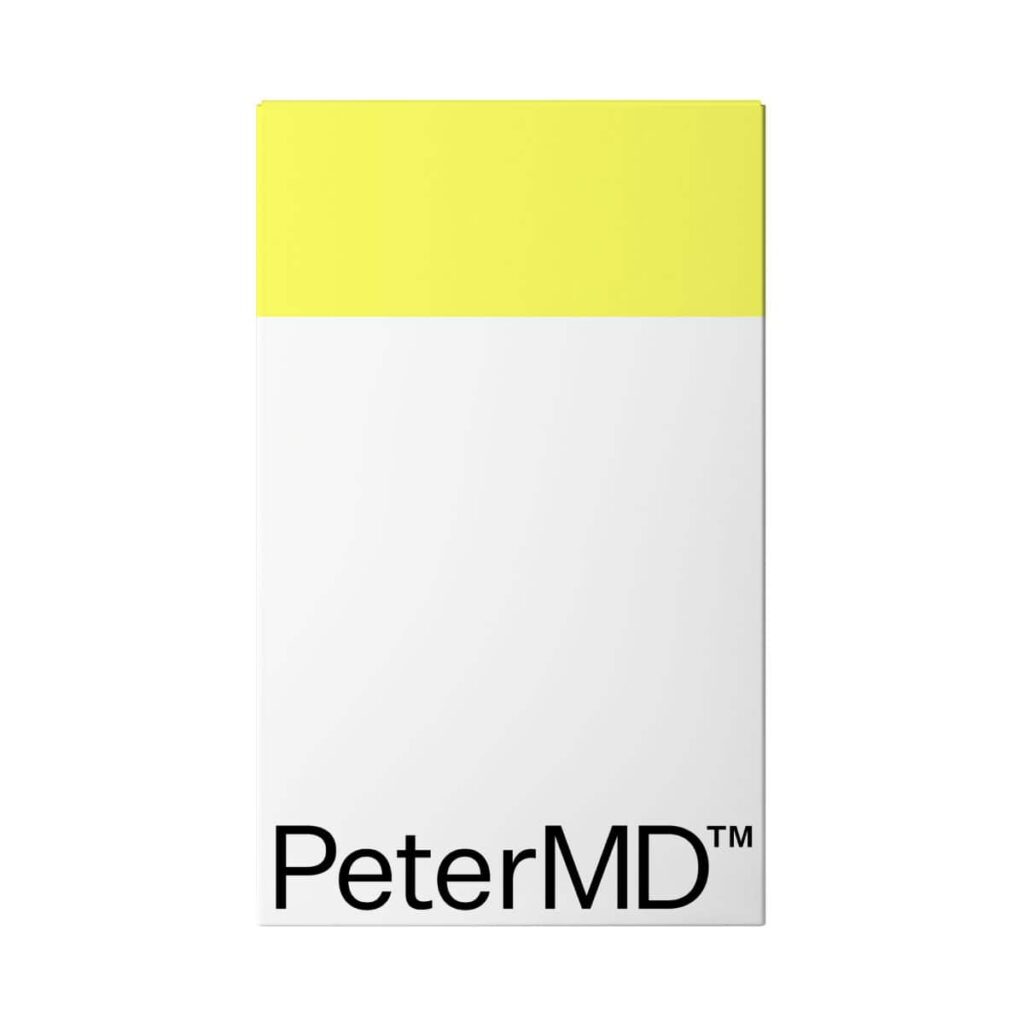Experiencing issues down there? It’s common, normal and treatable. We can help find the right affordable and discreet solution for you.
Erectile dysfunction is not a subject most men want to talk about, but more than half of men over 40 experience it in some form. While it can be demoralizing for both men and their partners, there is hope for every man with ED to regain their confidence and enjoy an active, satisfying sex life.
What causes it? The prevalence of ED can increase with age, and many men experience it during times of stress or anxiety. Once these problems are managed in combination with medication, you should return to smooth sailing in the bedroom; but continued problems getting or maintaining an erection may indicate more serious health conditions.


Oral medications are typically the first line of therapy, but some men may require further treatments.
Treating the underlying cause of ED is also recommended, such as lifestyle changes like quitting smoking and lowering stress levels. We provide a range of trusted and proven medications including Mt Everest, our exclusive prescription only formula. All meds are shipped discreetly and promptly in plain packaging.

Viagra is the number one treatment for men with diagnosed erectile dysfunction. Most men require 50-100mg per dose for proper effectiveness.

Cialis is becoming the most widely used Erectile Dysfunction medication due to its positive effects on Nitric Oxide and low dose daily option for even more health benefits.

PT-141
Induces sex hormone and arousal
Oxytocin
Induces love hormone and bonding
Erectile Dysfunction
PDE5 inhibitor and creates erection.

It can definitely feel awkward or uneasy for men to discuss their sex life with a medical professional, especially when it comes to low libido or sex drive. However, low libido is more common than one may think, as it affects up to 20% of males or people assigned male at birth (AMAB), sometimes occurring multiple times throughout a lifetime. There are many underlying causes for low libido in males, and regular testing can help men assess for these factors to manage and improve this symptom effectively.
Before discussing low libido, we must discuss what libido is. Libido is a person’s overall sex drive. This sexual desire can be with a partner or through masturbation. Therefore, low libido or sex drive is characterized by a decrease in either or both frequency and intensity of sexual desire that was once there, which can be temporary or long-term. Men may experience less sexual thoughts and interest in sex, even with stimulation, due to low libido.
It’s important to keep in mind that levels of libido are subjective. They can vary from person to person depending on preferences and life circumstances. For example, one person may want to have sex every day while others multiple times a year, or some not at all, and some may still engage in sexual activity to please their partner. Thus, understanding a person’s baseline for sexual desire is essential in assessing their libido levels.
There are many underlying causes for low libido in men. This condition is intricate and is influenced by many factors, such as physiological, psychological, and lifestyle factors. Some physiological factors include medical conditions such as imbalances in neurotransmitters or hormones, stress, sexual dysfunction, cardiovascular disease, and even nutrient deficiencies. Neurotransmitters such as dopamine and sex hormones such as testosterone all regulate libido. At the same time, deficiencies in vitamins such as vitamin D have been shown to decrease sexual activity. Sexual dysfunction, as in erectile dysfunction, can also decrease men’s libido. As most know, stress can impact health, including sexual health, as it can decrease the desire for sexual activity. Psychological causes may involve mental health disorders, relationship issues, or trauma. Mental health conditions such as anxiety and depression can impact the desire to have sex in patients with these disorders. Another factor that can cause low libido includes side effects to medications such as blood pressure medications. Lifestyle choices can also decrease libido, like alcohol and drug use or excessive or lack of exercise.
The primary symptom of low libido or sex drive is a decline in desire for sexual activity compared to a person’s baseline interest in sex. Here are some other associated symptoms:
No interest in any sexual activity, including masturbation
Decrease in sexual thoughts
Distress due to low libido
Imbalances in hormones, such as decreased levels of testosterone, have been associated with low libido in men, and testosterone levels have been shown to start declining at the age of 30 for men. When assessing testosterone levels, it is also essential to look at sex hormone-binding globulin (SHBG) because it will bind to free testosterone, making it unavailable for use.
Always do your research when buying TRT products online.
Testosterone Replacement Therapy:
Nausea or vomiting
Infertility or decreased sperm count
Testicular shrinkage
Worsening of obstructive sleep apnea
Increase in cholesterol levels
Abnormal spike in blood sugar levels, which can increase the risk of developing Type 2 diabetes
Yellowing of the skin or around your eyes
Uncomfortable swelling or enlargement of breast tissue (gynecomastia)
Redness, warmth around lower leg area
Unusual increase in red blood cell count, which can result in high blood pressure, joint/muscle pain, trouble with eyesight or thrombosis (blood clotting)
Frequent need to urinate
Fluid retention
Acne or oily skin
Headaches
Lumps or hardening around injection site
Clomid:
Headaches
Nausea
Bloating
Mood swings
Diminished sex drive
Sperm counts decrease (can be reversed by changing Clomid to another type of estrogen blocker, such as tamoxifen.)
Acne
Chest tenderness
Blurry vision
Weight gain
High blood pressure (hypertension)
Altered taste
Asthma
Flushing
Excess thirst
Joint aches
Enclomiphene
Libido issues
Acne
A temper if levels get too high
Mood swings
Depression
Mood irritability
Anxiety
Gynecomastia
Headache
Nausea
Diarrhea
Dizziness
Common Cold
Hot flush
Joint pain
NOTE: Enclomiphene is the purified isomer of Clomid (Clomiphene Citrate)